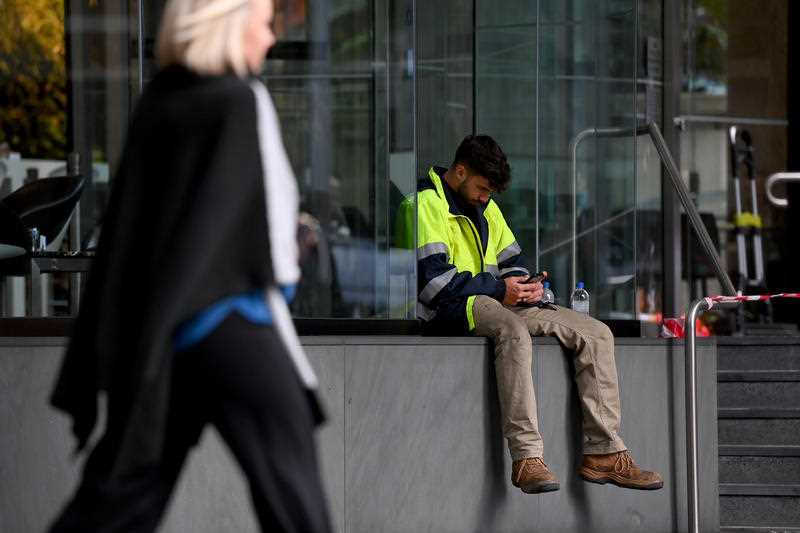While talk of a post-pandemic Great Resignation is everywhere, new research suggests many Australian workers are inclined to stay put.
Just 7.6 per cent of them traded jobs during 2020 and it’s a figure that’s been in steady decline since a peak of 19.5 per cent way back in 1988-89, according to the Australian Bureau of Statistics.
Whether the Big Quit becomes reality once the impact of COVID-19 is finally diminished who knows. But it doesn’t appear to be happening yet.
A national survey commissioned by lender Bluestone Home Loans reveals 67 per cent of people saving for a mortgage feel compelled to remain with their current employer.
Their concern with otherwise opting out in order to pursue their dream career is that it might cruel their chances of having a loan approved.
More than half those polled who already have a mortgage agree largely because they’ll have an eye at some stage on renegotiating its terms.
Millennials are more likely than older generations to stick it out in their current job – 72 per cent of them compared with 54 per cent of Gen Xers, 24 per cent of Baby Boomers and 13 per cent of the Silent Generation.
The YouGov survey of 1001 Australians also found feeling trapped in a job or career is almost twice as common among those with children under 18 at home than those without.
Interestingly, those with higher incomes are at least as likely to feel compelled to stay put.
Six in 10 of those earning between $100,000 and $150,000 said so along with 57 per cent of those on more than $150,000.
The percentage dipped under 50 for those on $50,000-$99,000 and to 42 per cent for those earning less than $50,000.
More than a third of borrowers said they believed pursuing their dream job has hurt their chances of buying a home or being approved for a loan and 53 per cent of savers thought it would damage their future chances.
For mortgagees not already in their ideal occupation, 40 per cent said they planned to pursue their preferred career path within five years of buying their home.
A quarter intended changing jobs within the next two years, while 10 per cent were likely to wait longer than five years and the remaining 50 per cent had no plans at all.
Bluestone chief customer officer James Angus says borrowers have unfortunately had to make difficult choices.
“Ultimately, feeling trapped in a job isn’t good for individuals and it’s not good for the health and innovation of the Australian economy,” he said.
“Now more than ever, people have different hopes and aspirations and prefer to choose different paths to success.
“That’s why lenders need to take a more holistic – and human – approach to their lending criteria, particularly when many of us don’t conform to the stereotype of what makes for a good borrower.”
AAP
Get all the latest Canberra news, sport, entertainment, lifestyle, competitions and more delivered straight to your inbox with the Canberra Daily Daily Newsletter. Sign up here.



